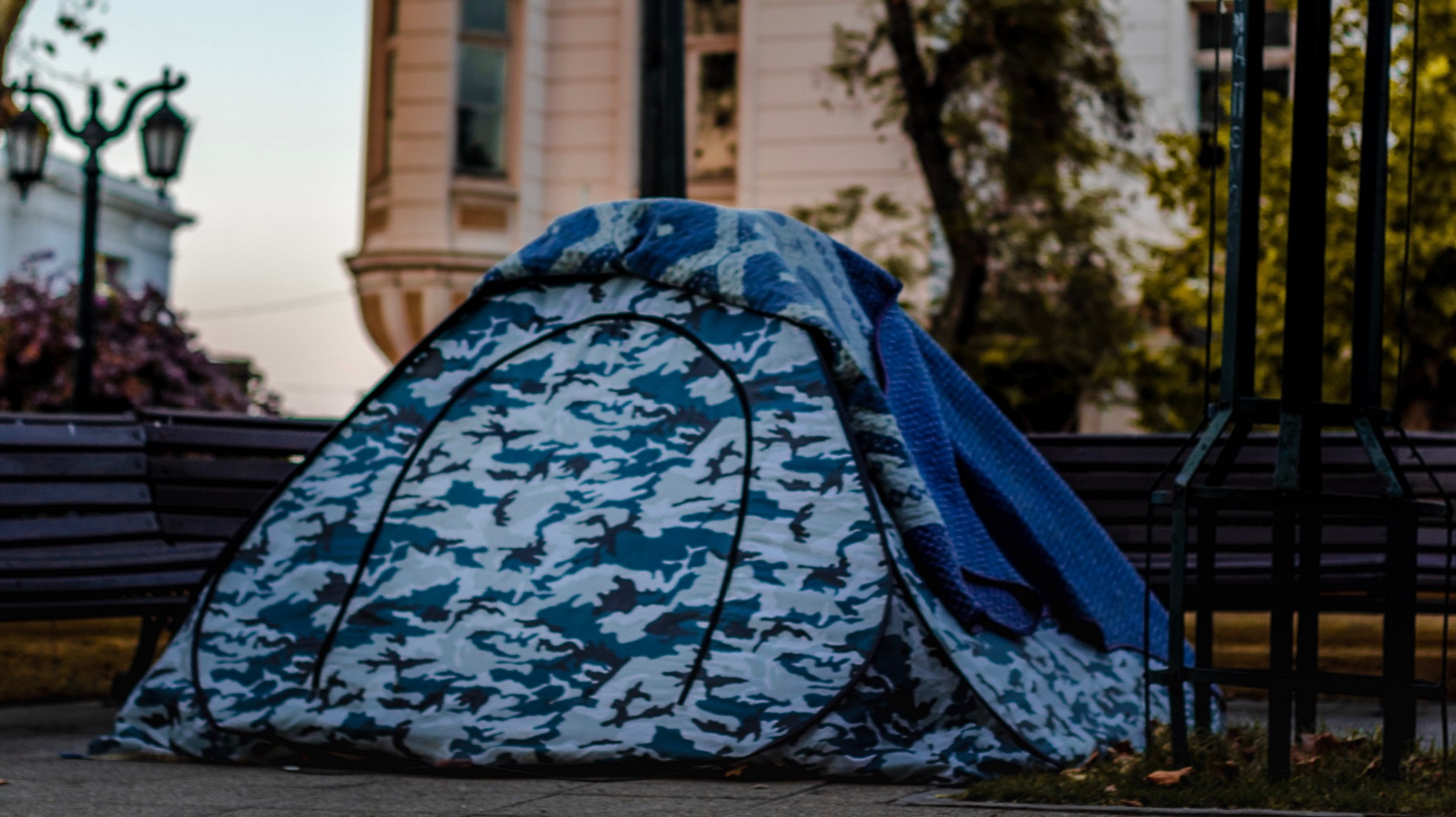Just one person sleeping on the streets is one too many, and that’s why I’m proud to be part of a government that wants to end rough sleeping. But it is a complex mission. Many rough sleepers have complicated needs. Some do not have the mental health capacity to accept the help on offer or make decisions for their own wellbeing. So how exactly will we succeed?
Firstly, we are getting rid of the outdated Vagrancy Act. The Police, Crime, Sentencing and Courts Bill returns to the Commons today — and the government has tabled an amendment to it, which commits to repealing the Vagrancy Act in full. This is big news. It brings us a massive step closer to ending rough sleeping, and importantly, it will drastically change how we view and help those on the streets.
Rather than criminalising these people, we need be addressing the reasons why they are on the streets in the first place. This long-overdue reform will move us away from criminality, towards focusing on the issue as a complex health, housing, and social challenge.
We need to combine the repeal of the Vagrancy Act with a multi-sectoral approach — one which includes local authorities, charities, the police, and of course central government. We took a similar approach in the ‘Everyone In’ strategy during the pandemic, and we saw an incredible 90 per cent of rough sleepers accept accommodation. It just goes to show what we can achieve when we work together.
But what about the other 10 per cent? We have the largest number of rough sleepers in the UK in my constituency of Cities of London and Westminster — and helping them is one of the reasons I got into politics. In Westminster alone, we saw around 100 people refuse help and remain on the street in the first lockdown. Even on the coldest days of the year, even when we had the Beast from the East bringing freezing conditions, there were people shunning the no-questions-asked help of a hot meal and a roof over their heads — whether in local authority accommodation, a church, a community centre, or a mosque. They were fearful, mistrusting or often so mentally unwell that they preferred to remain outside.
Having been out on the ground with outreach workers and former rough sleepers, it has become very clear that we need to offer people specialist medical and social care alongside the safety of a warm bed. That includes an addiction counsellor, the psychiatric help, and the medical support for those who have, in many cases, suffered years of sleeping rough.









